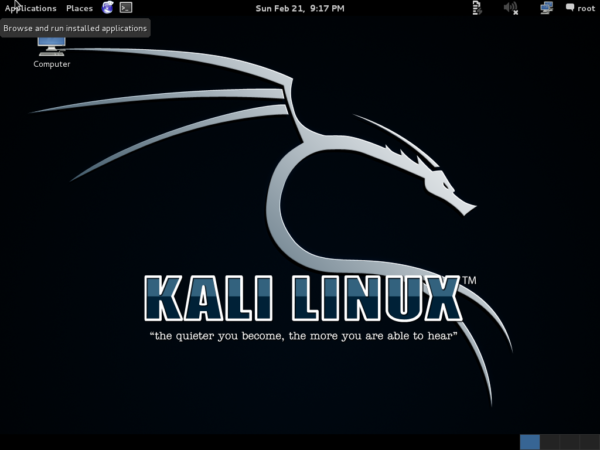Is Kali Linux Legal? Full Explanation of When It’s Legal or Illegal
If you’re new to cybersecurity or Linux in general, you’ve probably asked yourself: Is Kali Linux legal? The short answer is: Yes, but it depends how you use it.
When is Kali Linux Legal?
Kali Linux is a free and open-source system made by Offensive Security. The tools inside Kali are designed for ethical hacking, penetration testing, and security research. So, just downloading or installing Kali is 100% legal. You can:
- Download Kali Linux from the official website
- Install it on your own computer or run it from a Live USB
- Practice using tools in your own lab or virtual environment
No law stops you from learning, practicing, or testing on your own systems.
When Does It Become Illegal?
This is where people get into trouble. Using Kali Linux becomes illegal if you:
- Run security tests on networks or devices you don’t own, without permission
- Try to hack into websites, Wi-Fi networks, or servers without approval
- Use Kali tools to break into systems for personal gain or to cause harm
Most countries have strict laws against unauthorized access, even if your intentions are “just testing.” In short: if it’s not your system, or you don’t have clear permission — it’s illegal.
How to Stay on the Safe Side
If you want to use Kali Linux legally and avoid problems:
- Only test on your own computers, devices, or private lab setup
- If you’re doing tests for someone else, always get written permission
- Never assume public Wi-Fi or networks are “free to hack” — they are not
- Use Kali in a Virtual Machine or from a Live USB if you’re still learning
Conclusion: Is Kali Linux Legal or Illegal?
The system itself is completely legal. It only becomes illegal when you use it the wrong way — hacking without permission is a crime in most places.
So, if you’re serious about learning cybersecurity, start by practicing legally, on your own setup. Respect the rules, and Kali Linux becomes a powerful and legal tool for learning and professional growth.

